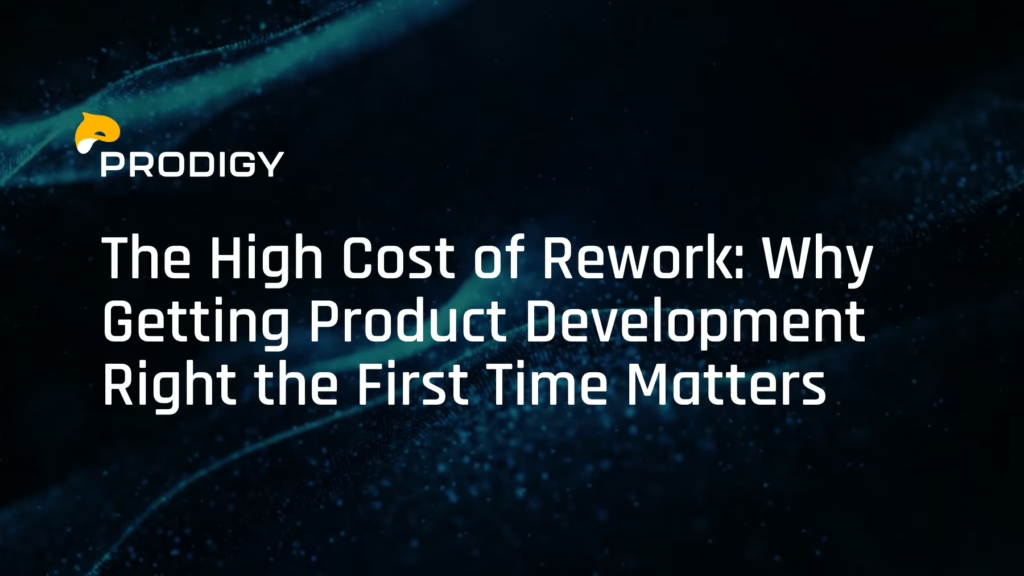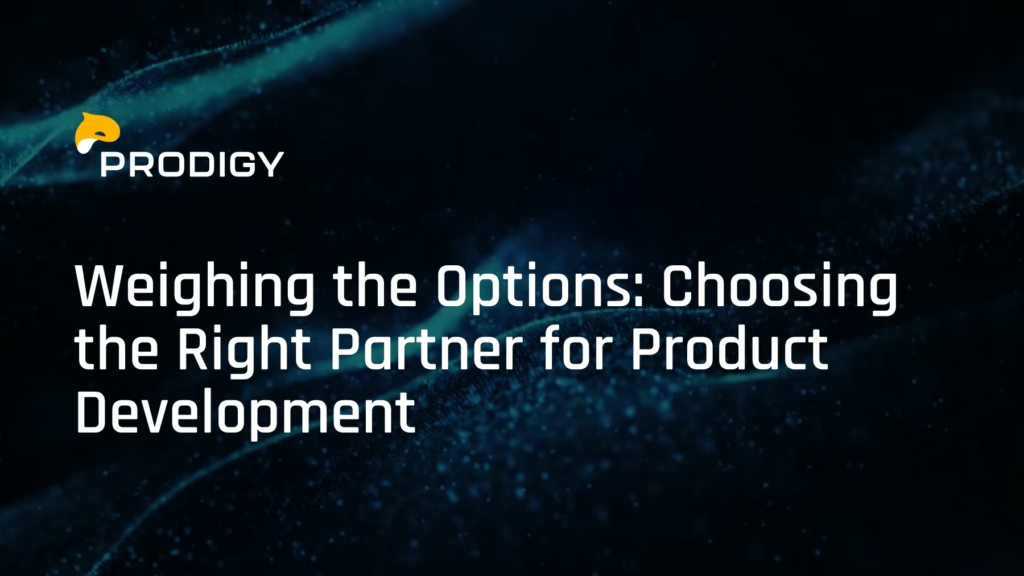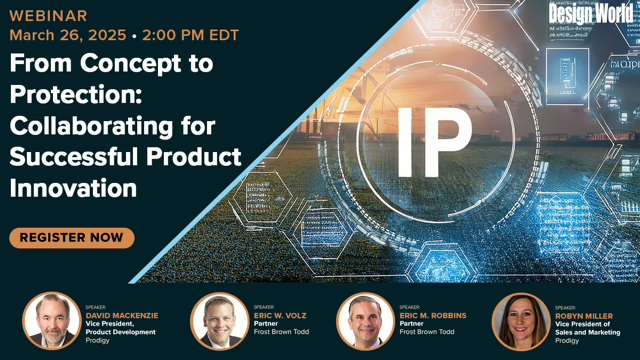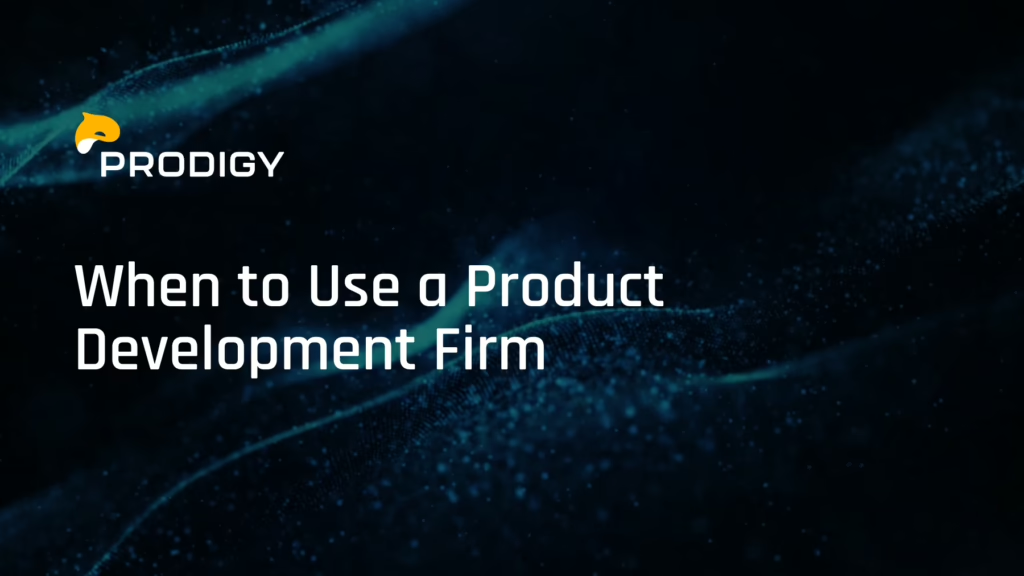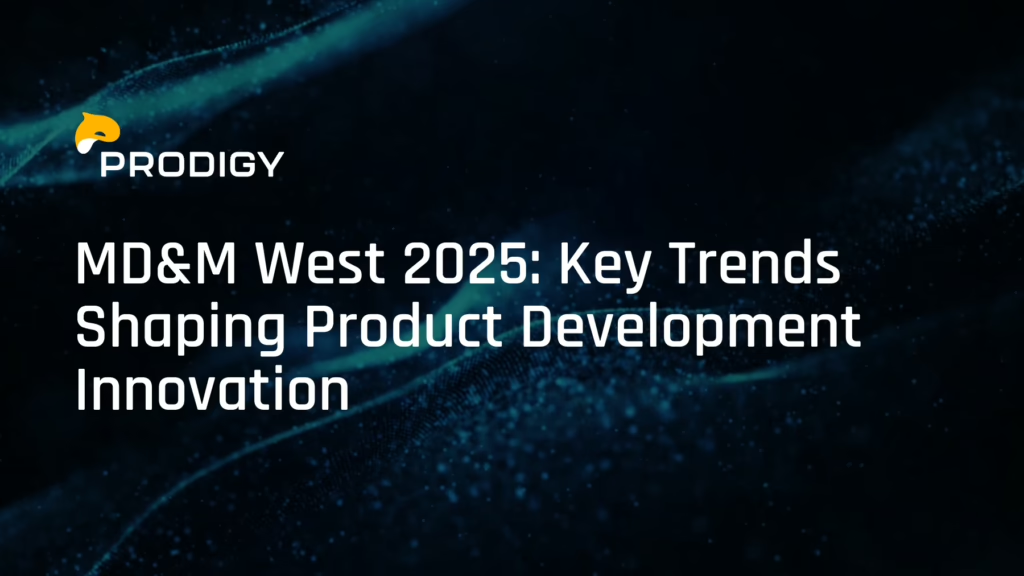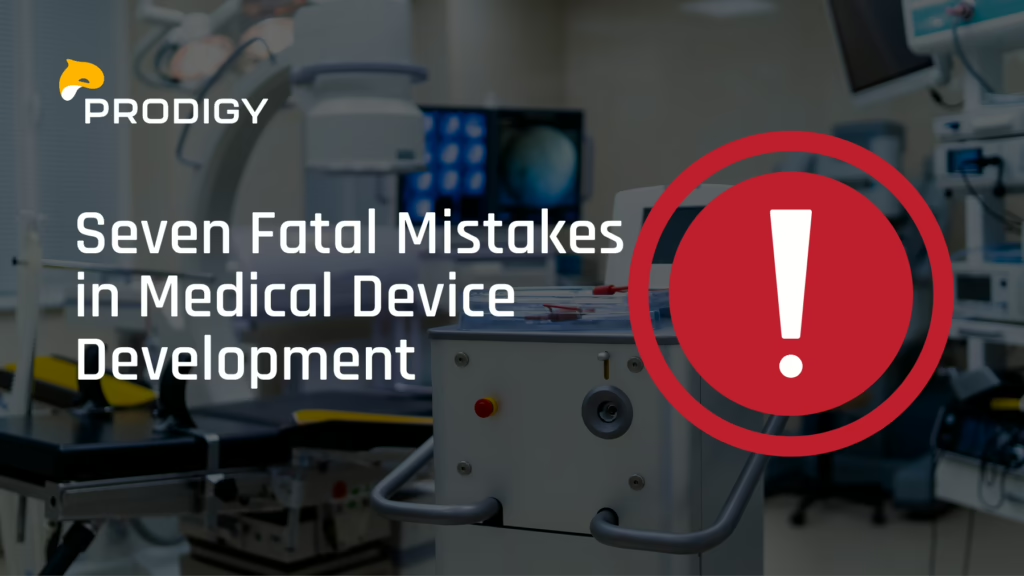The creation of the product development strategy is designed to increase the value of your products and make your business more competitive. Our highly collaborative process involves many different levels of stakeholders within your organization. This strategy includes the following:
Product Development Strategy
Product Development Strategy
Working with the Prodigy Product Development Strategy team is a collaborative experience that is centered around listening to the unique aspects of your business.
We establish a solid foundation by understanding not only your immediate needs but also where your products will take you in the future. We then work with your team to determine what is possible for your roadmap at the intersection of speed and innovation.
Continuous improvement is at Prodigy’s core – our mission to improve our knowledge base includes better understanding your business and market. We never stop listening and learning throughout the duration of our relationship.
As a bonus, this culture tends to attract individuals committed to bettering their own knowledge. The hiring program for engineers at Prodigy is rigorous and designed to accept only the top 2 percent of applicants, ensuring you’re working with the best engineers in their field.
- Market Assessment
Competitive Assessment: Through teardowns, feature assessment, Design for Manufacturing and Assembly analysis, and benchmark testing, the team will identify gaps in your current product offering and/or overlooked market opportunities.
Technology Assessment: The team thoroughly researches other, similar products in the marketplace for inspiration before starting a new project.
- Product Ecosystems
Prodigy understands that in today’s marketplace, having a single product is not enough. We create all the elements of a full ecosystem, from the leading product to accessories, add-ons, and connected software.
- Product Roadmapping
Our team will help you determine the optimal timelines for product release, upgrades, and obsolescence by generating high-level development schedules and risk assessments.
- Stakeholder Assessment & Stakeholder Mapping
Prodigy understands the importance of stakeholder buy-in to any product development effort. At the start of the project, we’ll help identify internal and external stakeholders, conduct interviews with them, and translate their wants and needs into actionable requirements.
- Product Definition, Requirement Generation, & Management
Prodigy understands the importance of up-front product and stakeholder requirement definition to the success of product development. Our experienced project managers make obtaining this information part of the initial strategy, which ensures the rest of the work is as streamlined as possible. We also manage the evolution of the definition and requirements and create designs that will easily adapt to the changes that arise during the process.
- Tradeoff Analysis
During the product development process, tradeoffs will need to be made between the cost, schedule, and functionality of the end product. This is an inevitable part of any development project and one that Prodigy anticipates and prepares for by starting up front and early during requirement capture and review. We continue to perform tradeoff analysis throughout the entirety of the project.
- Risk Management
Whether the potential risks are related to tech, schedule, business, or safety, Prodigy mitigates them capably. In addition to being the most competitive candidates in the applicant pool, the majority of Prodigy engineers drive themselves to obtain additional certifications that may take years, all to improve their job performance. There’s no one better able to use the Risk Registry, FMEA, and other relevant analysis tools to track the risks and deploy the right mitigation technique.
- Brainstorming & IP Generation
Strategy drives the innovative solutions we integrate into our customers’ products. We use brainstorming and concept development to better define product requirements as well as establish and prioritize tradeoffs. The collaborative, forward-thinking team isn’t afraid to suggest new ideas, and nothing is marked as being a real possibility until each idea is systematically evaluated by Prodigy’s proven process. Furthermore, even the ideas we don’t use in a project are kept along with your other Intellectual Property.
- Program/Project Management
Our project management team is composed of seasoned engineers who underwent additional PMP and PMI training. In addition to monitoring the project and providing you with regular reports, these proactive professionals manage the stakeholders involved and their needs and identify issues and bring them to customers’ attention. They’re always looking 15 steps ahead to the end goal and bring an engineer’s perspective to the time, budget, and communication components involved.
- Product Prototype
Our prototypes are unrivaled in their capability to serve many purposes, from proving out design concepts, testing and demonstrating functionality, or for marketing and human factors studies. Every prototype offers the opportunity to challenge and build upon initial requirements and specifications with the aim to exceed your expectations.
- Proof of Concept
Real-world testing is crucial to ensuring your product functions perfectly.
That’s why we produce Proof of Concept prototypes that serve as the first feedback point on feasibility. Prodigy’s multiple rapid prototyping approaches shorten the time between simply thinking over an unformed idea and testing it, balancing speed, innovation, and risk.

